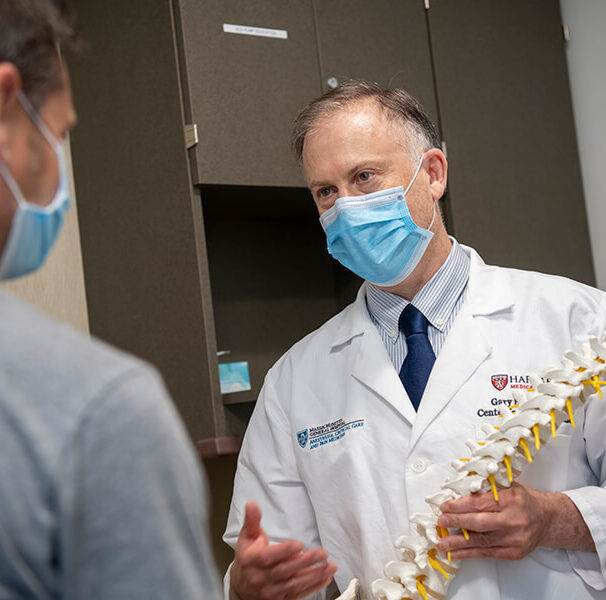HealthProviders DB is a comprehensive database of healthcare providers, including a complete directory of all psychiatrists and neurologists specializing in Pain Medicine.
Psychiatry & Neurology Healthcare Taxonomy Code 2084P2900X
As of today, the following are the total numbers of psychiatrists and neurologists specializing in Pain Medicine nationally, in your State, and near your location.
Select a State below to view the list by State. Additionally, you can narrow the list by city, among other options, from the Filter Panel, which you can open by clicking the vertical ellipses ⋮ in the upper right corner of the app.
Alaska – Alabama – Armed Forces Pacific – Arkansas – American Samoa – Arizona – California – Colorado – Connecticut – District of Columbia – Delaware – Florida – Federated States of Micronesia – Georgia – Guam – Hawaii – Iowa – Idaho – Illinois – Indiana – Kansas – Kentucky – Louisiana – Massachusetts – Maryland – Maine – Marshall Islands – Michigan – Minnesota – Missouri – Northern Mariana Islands – Mississippi – Montana – North Carolina – North Dakota – Nebraska – New Hampshire – New Jersey – New Mexico – Nevada – New York – Ohio – Oklahoma – Oregon – Pennsylvania – Puerto Rico – Palau – Rhode Island – South Carolina – South Dakota – Tennessee – Texas – Utah – Virginia – Virgin Islands – Vermont – Washington – Wisconsin – West Virginia – Wyoming
Medicare
The following are the total number of Psychiatrists & Neurologists Specializing in Pain Medicine who accept Medicare in your State, the number who have opted out of Medicare, and the total number excluded from participation in Medicare nationwide.
The diagram below shows all the Pain Medicine Psychiatrists & Neurologists across the country, represented by blue bubbles. The larger the bubble, the greater the concentration of providers in that area. Red bubbles represent Medicare-excluded providers, with the larger bubbles indicating a higher percentage of excluded providers in that region. You can change the bubble size to be based on exclusions from the Size menu.
What do Psychiatrists & Neurologists Specializing in Pain Medicine do?
A neurologist, child neurologist, or psychiatrist who provides a high level of care, either as a primary physician or consultant, for patients experiencing problems with acute, chronic, or cancer pain in both hospital and ambulatory settings.
Pain medicine specialists who combine Neurology and Psychiatry work together to diagnose and treat the complex physical and psychological aspects of acute and chronic pain, often coordinating with other health professionals.
They manage conditions like neuropathic pain and migraines by providing interventional procedures (nerve blocks, spinal injections), prescribing medications, and ordering therapies such as physical, occupational, and cognitive-behavioral therapy.
This multidisciplinary approach aims to reduce pain, improve function, and restore quality of life by addressing both the biological and mental factors contributing to a patient’s pain experience.
Specific tasks performed by a Pain Medicine, Psychiatry & Neurology Physician:
What they do
Diagnosis: Evaluating patient history, performing physical exams, and ordering tests (imaging, nerve studies) to identify the underlying causes of pain.
Treatment Planning: Developing personalized treatment plans that may include medications, therapeutic injections (nerve blocks, cortisone shots), and other procedures.
Medication Management: Prescribing and monitoring pain medications, including opioids when appropriate, while also managing potential side effects.
Therapeutic Interventions: Performing minimally invasive procedures such as nerve blocks and radiofrequency ablation to relieve pain.
Psychological Support: Utilizing cognitive-behavioral therapy, counseling, and other mind-body techniques to address the psychological impacts of chronic pain, such as anxiety or depression.
Rehabilitative Services: Referring patients for physical therapy, occupational therapy, and other services to improve mobility and function.
Care Coordination: Collaborating with a multidisciplinary team of health professionals, including other specialists, nurses, and therapists, to provide comprehensive care.
Conditions commonly treated
- Spinal conditions like herniated discs
- Chronic pain conditions
- Acute pain from injuries
- Cancer pain
- Headaches and migraines
- Neuropathic pain (e.g., diabetic neuropathy)
- Fibromyalgia

